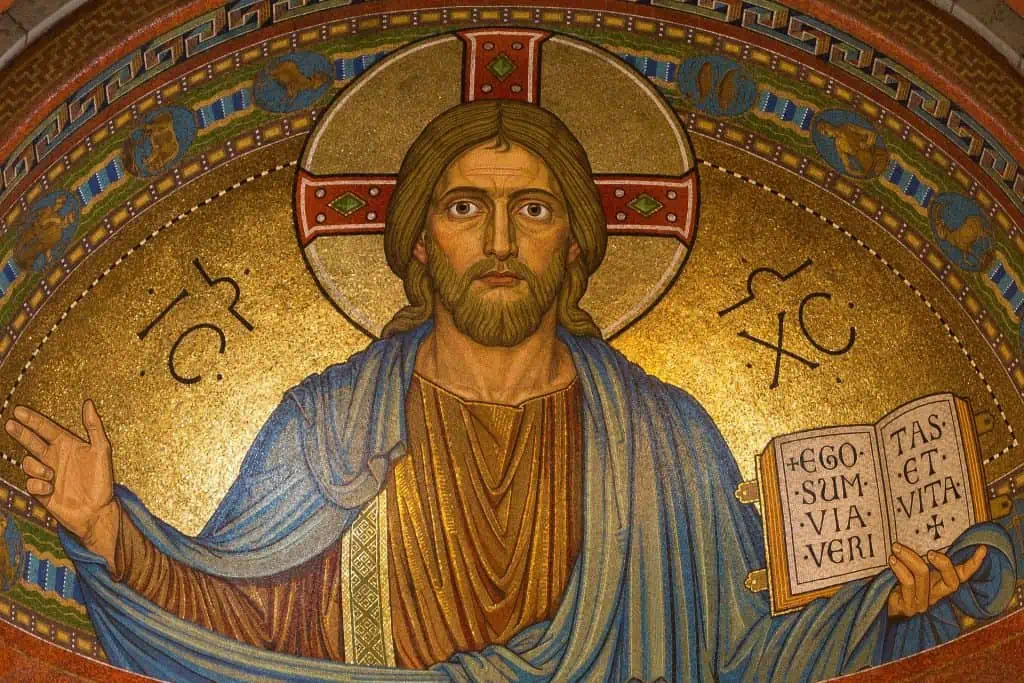Yale, God, Man, and Anthropology
In 1949, as an undergraduate at Yale, William F. Buckley Jr. challenged a professor’s reductionist treatment of Christian rituals published in the student newspaper. Buckley took issue with the professor’s claim that practices encountered in distant, so‐called “primitive” societies were comparable in rationality to the Catholic Eucharist—a ritual in which believers genuinely felt they consumed Christ’s flesh and blood. According to Buckley, such anthropological relativism risked undermining faith, leaving impressionable students disenchanted with religious belief.
Buckley’s Response and the Role of Faith
Buckley’s critique lies on two main points. First, he maintained that institutions like Yale should help reinforce, rather than erode, a student’s respect for Christianity. Second, he argued that the anthropological practice of demystifying religious rituals—reducing them to mere social or psychological phenomena—often failed to capture what religion truly meant to its practitioners. Citing the words of Margaret Mead, Buckley noted that scholarly treatments of religion too frequently appeared to lack any genuine sensitivity to the transcendent aspects of faith.
Historical Perspectives in Anthropology
The scientific study of religious belief has long been a battleground between faith and empirical analysis. Even before modern anthropology emerged, Enlightenment thinkers debated the value of religious ritual. An infamous 18th-century encyclopedia entry on “man-eaters” speculated about links between primitive customs and Christian sacramental practices, suggesting that the eventual vestiges of ancient sacrifices in civilized societies pointed to deeper, if obscure, origins.
In the 19th century, figures such as Edward Burnett Tylor contended that modern culture was littered with “survivals”—practices carried over from a less enlightened past. Tylor argued that these stale remnants, such as beliefs in an immaterial soul, should be exposed and discarded. His successor, James Frazer, extended this line of thought in his seminal work The Golden Bough, noting suggestive parallels between the rituals of so-called primitive societies and the doctrines of Christianity. Frazer’s insinuation that once-accepted sacred acts could be rendered strange and brutal to modern eyes contributed over time to widespread skepticism about the validity of religious belief.
Reassessing the Function and Meaning of Religion
While Tylor and Frazer stressed the idea that similarities between indigenous religions and Christianity diminished the latter’s uniqueness, earlier European scholars had embraced other interpretations. Some saw these commonalities as evidence of a hidden, ancient wisdom—what was sometimes called prisca sapientia—that could manifest in multiple cultural contexts. Others viewed non-Abrahamic faiths as either mockeries or degraded versions of an original, purer Christianity, a perspective that even influenced 16th-century Spanish interpretations of Aztec religion.
Anthropologist E.E. Evans-Pritchard later challenged the prevailing secular approach, arguing that reducing religious phenomena to mere sociological or psychological functions ignored their profound theological significance. As a Catholic convert himself, Evans-Pritchard insisted that religious belief was not just an incidental byproduct of social cohesion or compensation but a reality with its own inherent value.
The Re-Enchantment of Religious Experience
The debate continued with scholars like Victor Turner, who studied African tribal rituals and found that the depth of their symbolic power could, in fact, re-enchant even the most familiar religious institutions. Turner’s experiences during a Catholic Mass led him to recognize that ritual performance offered a kind of deep, existential connection that resonated with the human condition. For Turner, ritual and symbolism were not merely vestigial remnants but vital expressions of an ongoing, ontological truth—one that could restore the serious, transformative claims of religions like Christianity.
Today, while academic approaches continue to evolve, Buckley’s concerns remind us that the study of religious ritual must attend not only to empirical analysis but also to the profound, personal significance such practices hold for believers. In a complex academic landscape, where the demystification of religion risks stripping away its deeper meaning, the challenge remains to balance rigorous scholarship with an appreciation for faith’s enduring role in human life.

Rockin’ the faith, one verse at a time!
Growing up, the Bible’s stories deeply impacted me. Now, with over 15 years of preaching experience, I blend timeless teachings with modern technology, making them relevant for today’s world.
Bible Hub Verse is my platform to share historical insights and thought-provoking articles, exploring both familiar and uncommon Christian topics. My passion is building a welcoming online space for everyone to learn, grow in their faith, and discover the Bible’s enduring message.
Join the journey!
God bless you.







